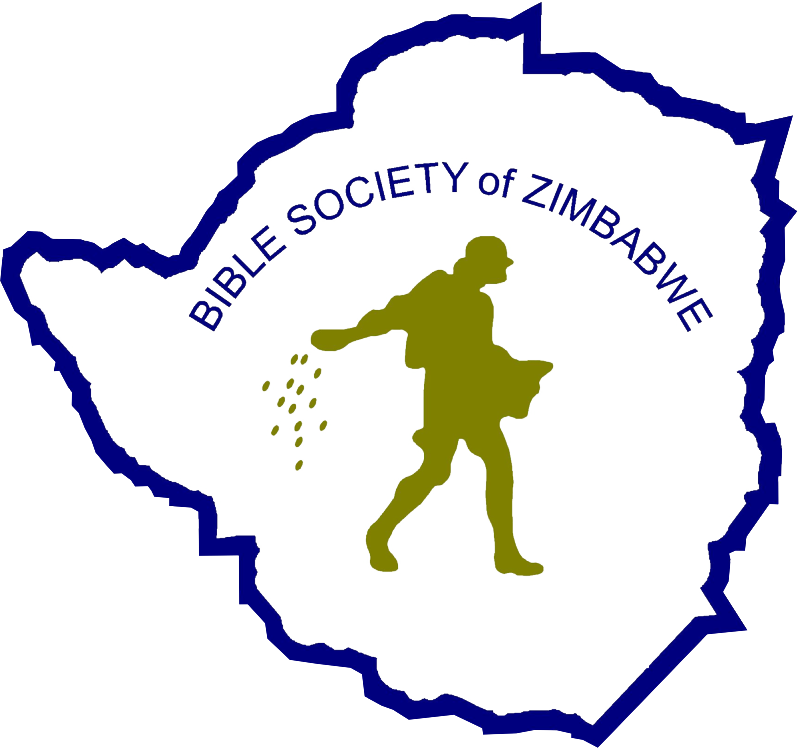In the rural villages of Nkayi District, Matebeleland North Province, a brilliant young boy named Jotham Masuku was born. From an early age, his intelligence shone brightly in school, earning him admiration from teachers and peers alike. But in 2011, when he was in Grade 5, his world began to change. Slowly, his vision blurred, and day by day, he found himself struggling to read the very books that once ignited his dreams. The diagnosis was devastating—Jotham was losing his sight.
As his condition worsened, school became impossible, and he was forced to drop out. The pain of leaving behind his education weighed heavily on him, but it was nothing compared to the confusion and sorrow that engulfed his family. In their village, people whispered, suspecting witchcraft. How could a boy so gifted suddenly lose his sight? His parents were heartbroken, struggling to accept this new reality, and Jotham himself felt lost, trapped in a darkness he never imagined.
Two years later, a glimmer of hope appeared. Jotham traveled to Bulawayo to visit relatives, a change of scenery that he desperately needed. It was there that he met Brighton Ndebele, a fellow visually impaired young man who introduced him to a new possibility—Capota School for the Blind. Brighton spoke of the school with passion, explaining how it was transforming lives and offering visually impaired students a chance at education. For the first time in years, Jotham felt a spark of hope. With Brighton’s help, he applied for a place, and soon, he was accepted.
At Capota, a new chapter began. Jotham immersed himself in learning braille, and though the journey was challenging, he embraced it wholeheartedly. Day by day, he grew more confident, and the same intelligence that had once set him apart in his village now propelled him forward. He excelled in his studies, passed his primary level, and continued to secondary school. Against all odds, he passed eight subjects, including mathematics—a subject many deemed impossible for someone without sight.
But Jotham’s journey was not just about academics. Through it all, his faith in God remained unwavering. He found solace in scripture, especially in the braille portions provided by the Bible Society of Zimbabwe. The words of the Bible reassured him, giving him strength to navigate his journey. He and his family found peace in the story of the man born blind in the book of John—realizing that sometimes, challenges come not as a curse, but as a way for God’s glory to be revealed. “Neither this man nor his parents sinned,” said Jesus, “but this happened so that the works of God might be displayed in him” (John 9:3, NIV).
Today, Jotham stands tall—not as a victim of circumstance, but as a beacon of hope. He dreams of becoming a pastor, using his voice to inspire others. Beyond preaching, he is also a poet and a master of ceremonies, proving that disability is not the end of a person’s potential.
Reflecting on his journey, Jotham shares a powerful message: “Disability is not the end of life. Be strong and courageous. Education is a tool, not just for the sighted but for everyone. We are not meant to be beggars in the streets—we are meant to shape the future. Disability cannot destroy your destiny unless you let it.”
Anchored in Revelation 3:18, ‘Buy from me gold refined in the fire, so you can become rich…’ Jotham knows he has been tested, but he has emerged stronger. His story is not just one of survival—it is a testimony of triumph. Through faith, perseverance, and the right support, he has defied expectations, proving that no obstacle is insurmountable when God walks beside you.
